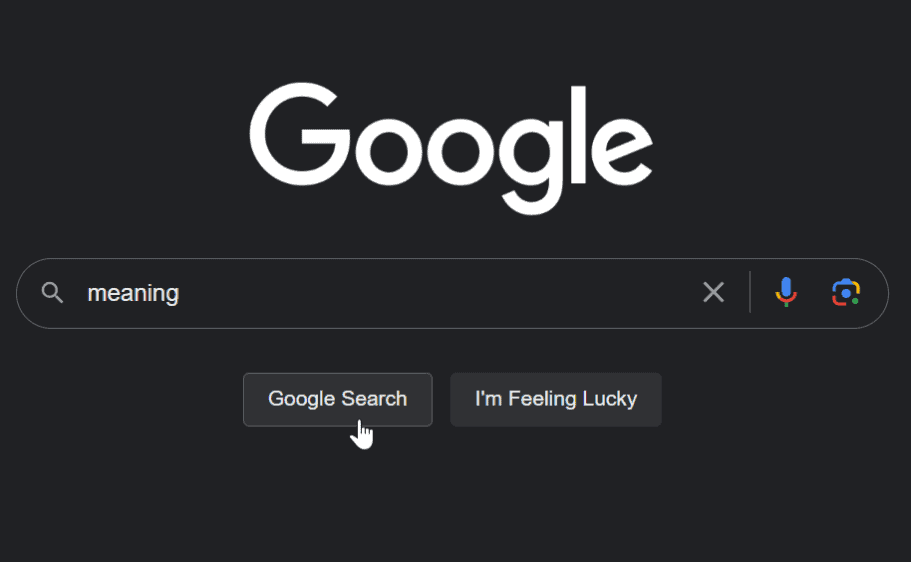Bite the Bullets
- Self-reliance is a trait I’ve observed in the most successful people I’ve met
- It’s defined by taking aggressive responsibility for a situation you’re in
- Many people look around for the adult in the room
- You can gain a lot by stepping up and seeing yourself as this adult
- You can gain even more by taking stock of your life, understanding yourself, and acting on that understanding (explained below)
- When you understand yourself better, you can more efficiently help others
- You can make more of an impact if you’re not constantly second guessing yourself or hitting walls because of your unconscious baggage
Intro
I’ve noticed a common thread amongst my most successful friends: 1) they don’t dwell very long on things that go wrong; instead they move quickly forward to the next thing. 2) They don’t make many excuses for why they’re unable to do something; instead they focus on whatever they can do. I found this really interesting and wanted to figure out the root cause. In Silicon Valley, this trait is often described as being relentlessly resourceful. I find that lacking. Instead, I prefer the term self-reliance. Rather than focusing on how quickly people use what they have at their disposal, I want to look at the upstream effect that makes someone decide to take action in the first place.
For some credibility: these people that I’ve met or known have gone to speak at TED talks, start companies and sell them, gone to top colleges (Stanford, Harvard, MIT etc.), they’ve made careers as professional artists and some have gotten super rich. Here is what I’ve been able to learn from these people. The root trait that they all have in common: they aggressively take responsibility for themselves. They are all high in self-reliance.
Heads up: even for things that affect you in a professional setting, it takes a lot of personal digging. Let’s explore what that looks like.
People tend to look around for who the adult in the room is
If you’ve been in any bad situation; you can relate to a phenomenon that occurs. People immediately look around for someone to save the day. The bystander effect describes this well. That’s the idea that people tend not to jump into action because someone else will. People often don’t stand up and say “I can help” because immediately after something bad happens, people start casting blame. No one wants to have the finger pointed at them. People who are self-reliant, don’t worry about this. They can trust themselves to take responsibility and succeed at being helpful in a bad situation.
Be the adult in the room
Remember that we’re all made from the same stuff. If someone could stand up and start directing people out of a bad situation, it could be you. I’m not saying to tell the pilot you’re a doctor if you’re not, but if you’re capable of adding value to a situation you should do that without hesitation. This extends beyond emergencies.
Taking responsibility at any time that requires a quick decision is a very powerful maneuver. It might seem daunting when you start doing this. You’ll quickly realize this is just how leadership feels.
Responsibility: A Super Power (How to be self-reliant)
Being decisive and leading is rooted in knowing your strengths and weaknesses. In fact, it’s not enough to know them, but to master them. This is what I mean by self-reliance. There are three key components:
- Taking stock of your personal baggage and past
- Understanding how it effects you today
- Changing yourself to take action in line with what you’ve learned
The trick to each of these requires a rare form of honesty, and making enough space in your life to do this hard work. In short, it’s not easy and it takes time. Here are some techniques:
1) Taking stock of your personal baggage
This is always the hardest part: the first step. The way I recommend starting is to search through your past for trauma, or stories you tell yourself about why you are how you are. This is hard mainly because revisiting the past can be painful and it takes a lot of time. This is like sitting at a dinner table and eating a pile of raw onions. I know it’s not fun, but you’ve got to do it.
To work up the discipline, remind yourself that at the end you will absolutely be better for it. Don’t do all of your past in one session. It’s going to take at least days, probably weeks to months. The process should repeated on the scale of years too. We’re dynamic creatures.
2) Understanding how your past affects you today
Once you have a few things that you can point to and say: “this probably is hanging around today,” it’s a good time to now debug how they actually change your behavior. This might show up in a certain kind of irrational reaction to reasonable circumstances. For instance, people get into disagreements all the time. I know more than a few people who are extremely non-confrontational. This is to the point of damaging their relationships. I would make a safe guess that this is from something like an overly-confrontational parent or some series of schoolyard issues.
The discovery of how these past events connect to present behavior is a bit of cowboy science. It requires a certain kind of self awareness that’s hard to come by. I do believe it can be learned. One technique is to take some very boring notes for a couple of weeks. Document the things that made you feel emotional throughout your day. If you’re not an emotional type, then document the times you: 1) found people reacting to you in a way you thought was strange or unfair and 2) found yourself reacting in a way that was strange to what others might describe as normal circumstances.
3) The most important step: Changing yourself to take action (own the behavior)
This is the step where the hard work pays off. It’s also the easiest step! Here’s where you actually flesh out your self-reliance. Once you have a stock of behaviors tied to memories or events in your past, you are well enough equipped to change your practices around them. In some cases it’s as simple as reminding yourself to pause and reflect when you feel the impulse to run away.
There is not much advice I can give you on changing your behavior, since this is the most specific to you. But you are now equipped to figure this out yourself. You go in with the mindset: “this happened, but it’s no longer going to be an excuse or a blocker for me to do what I want to do.” You let go of whatever part of yourself that’s a victim because of these things. You let go of the inevitability of the past guiding your future.
In my case, it’s taken some practice, but I’ve learned to pause in the moment I’m about to lose. I reflect on what is happening in that exact moment. That beat gives me the space to let my reaction run through me, rather than taking over me. Now almost all of the times I experience something that “triggers” me: I feel the reaction rise, I let it pass, and then proceed as if it never happened.
This is what my path to self-reliance looks like. It’s revisiting my past and taking ownership over my current behavior. This ownership can be complex like starting a new kind of cognitive behavioral therapy, or it can be as simple as taking a breath. The action I have changed myself to take is to pause and not to take immediate action.
You can help others more efficiently
The next level of self-reliance is realizing the impact is not limited to just your life. Everyone around you benefits from having another person with this super power. Think about what a relief it is to be around someone who is able to step up to challenges. With even a little practice, you can be that person.
In fact, you may already be that person. If that’s the case, then this is a reminder to keep being that person. It’s not a single day or a single moment that you become self-reliant. It’s a process you repeat over and over. Every moment you have the chance to take responsibility for yourself and your behavior is a step down that path. This shouldn’t be viewed as a chore, but a delight. The more you understand yourself, the more fun and interesting the world becomes. It’s become a total cliche from Spider Man: With great power comes great responsibility. No one tells you the secret that it also works the other way. With great responsibility comes great power.



